ELTE Research Centre for the Humanities | 1097 Budapest, Tóth Kálmán utca 4. | HU15854939

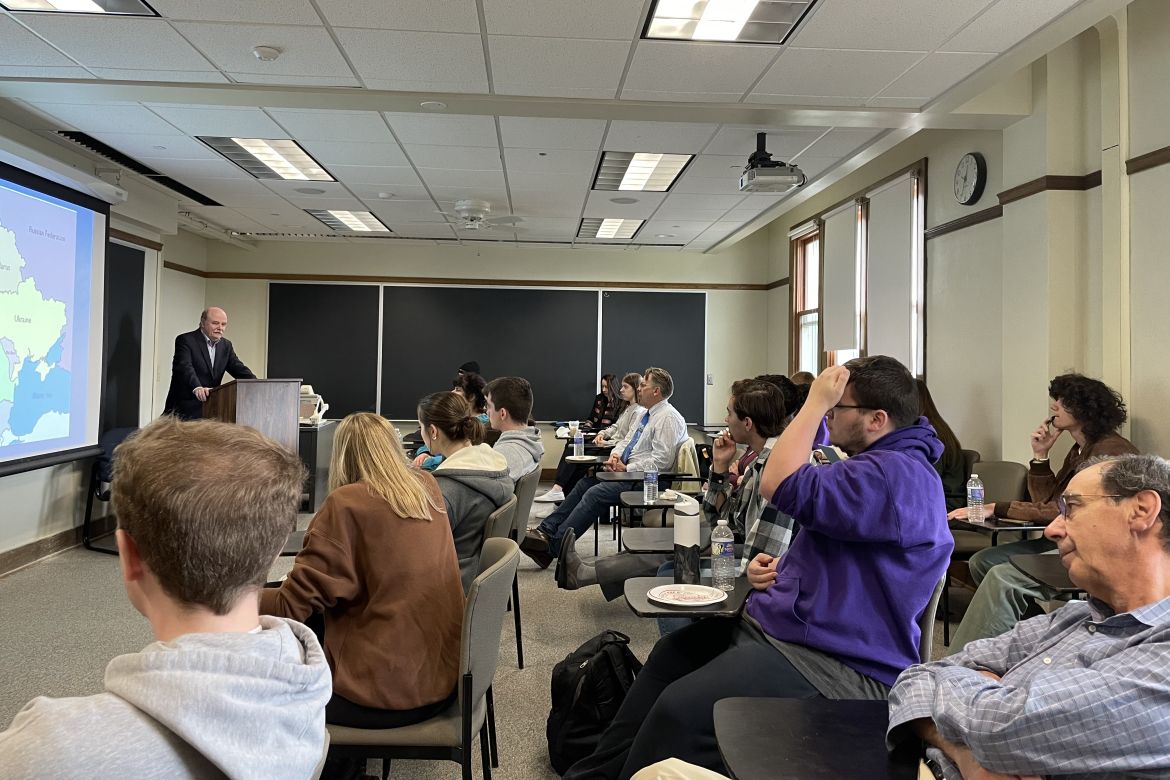
In April 2023, Tamás Stark, Senior Research Fellow of our Institute, gave three lectures in the United States: in New York, Rochester and New Haven about the twentieth century history of Hungary, memory politics, the ongoing war in Ukraine and the prisoners of World War II.
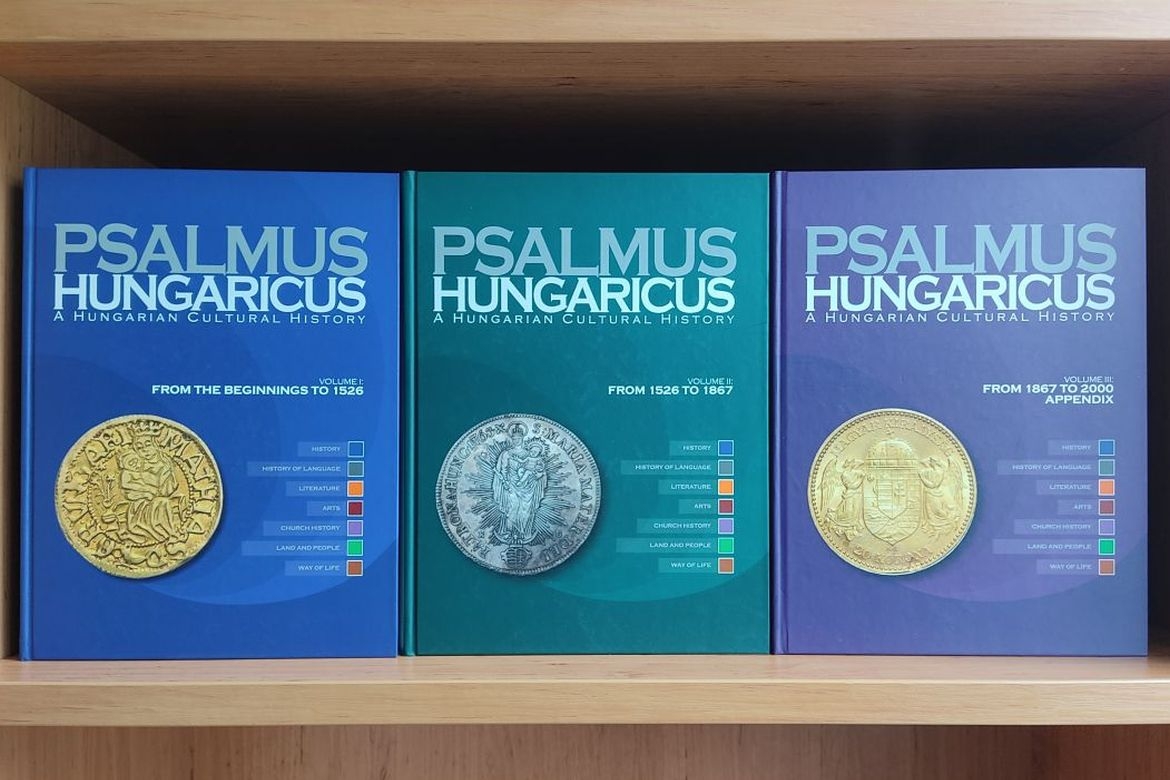
Psalmus Hungaricus is a three-volume synthesis of Hungarian cultural history presented by the Research Centre for the Humantities of the Loránd Eötvös Research Network in Budapest. It is the most comprehensive overview of the Hungarian past ever published in English. Authors and editors include the most prominent experts of their fields.

The annual conference of the Association for British Slavic and East European Studies took place in Glasgow from 31 March to 2 April 2023, where our institute was represented by Gábor Demeter, Senior Research Fellow, Krisztián Csaplár-Degovics, Head of Department, and Janka Kovács, Postdoctoral Fellow.
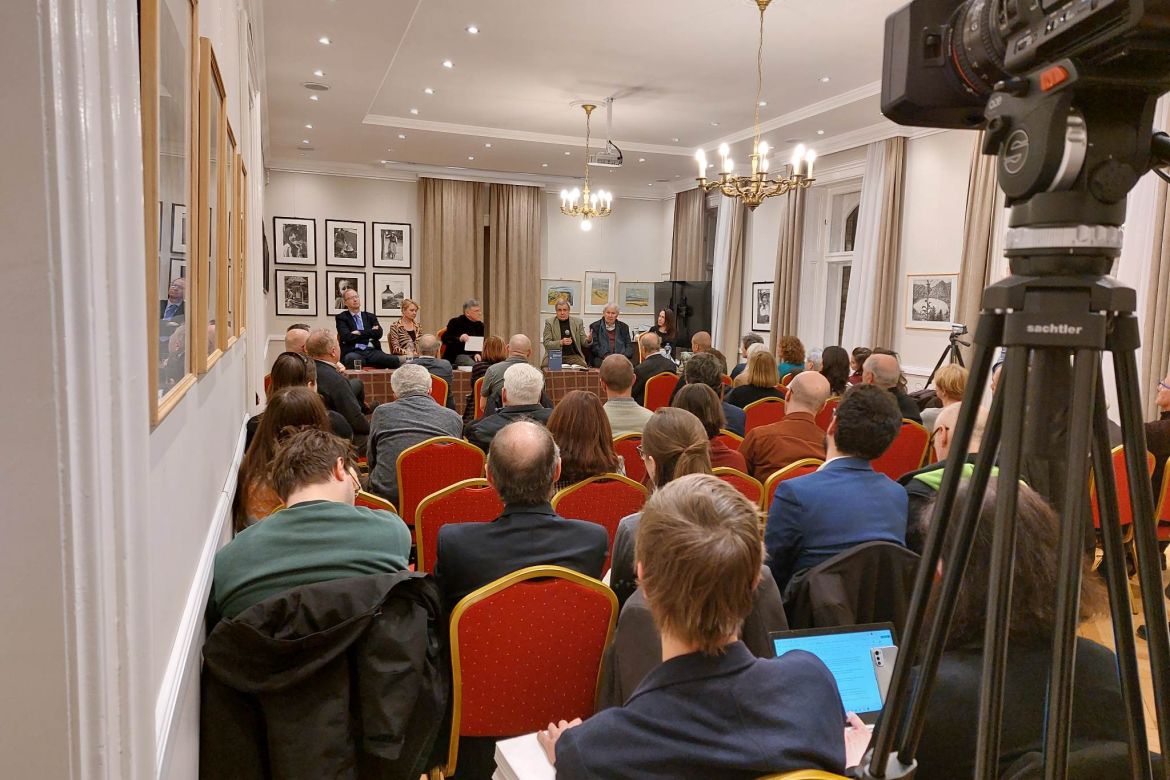
On March 20, 2023, our institute and the Hungarian Unitarian Church co-organized the presentation of Réka Újlaki-Nagy's book "Christians or Jews? Early Transylvanian Sabbatarianism (1580-1621) in the main building of the Unitarian Church of Budapest.

With the help of researchers from the Hungarian Prehistory Research Group of the Institute of History of the ELKH Research Centre for the Humanities (RCH) the popular history film In the Saddle, on Horseback – The Art of War of the Conquest-Era Magyars has been produced at the Digitális Legendárium studio.
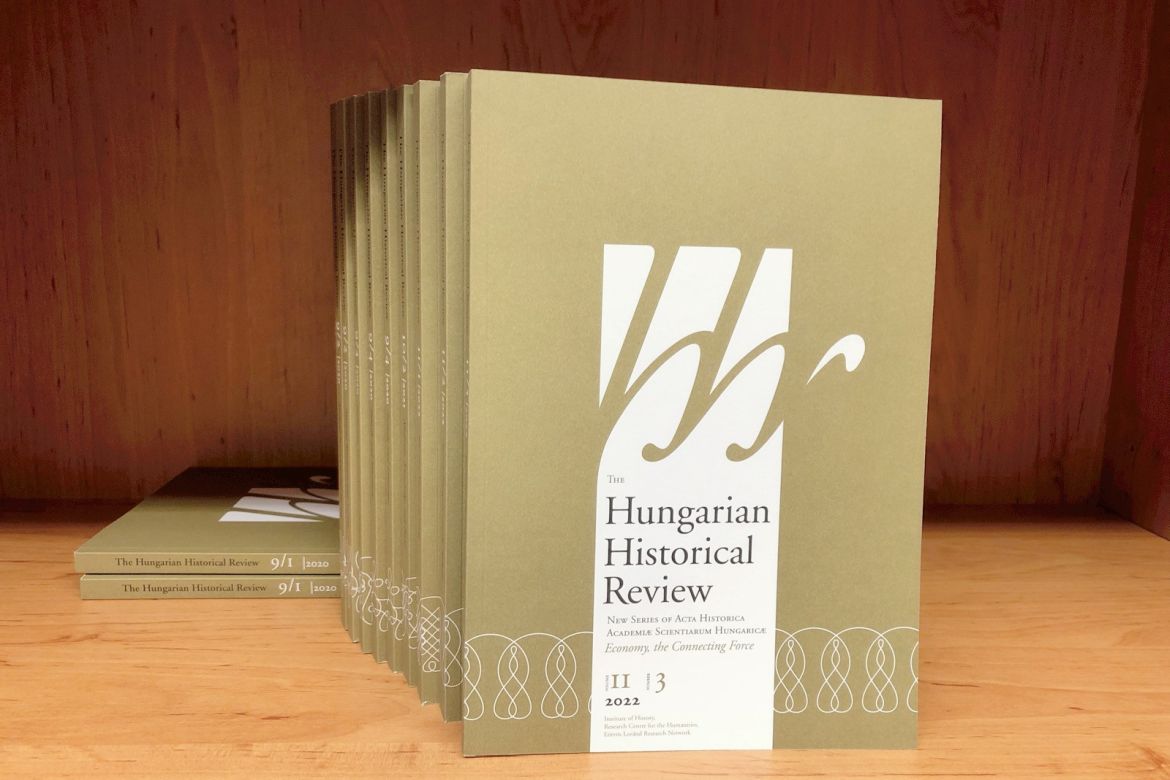
After Wars – The latest issue of The Hungarian Historical Review published by the Institute of History, Research Centre for the Humanities is out.
Table of contents and free downloadable articles at https://hunghist.org/
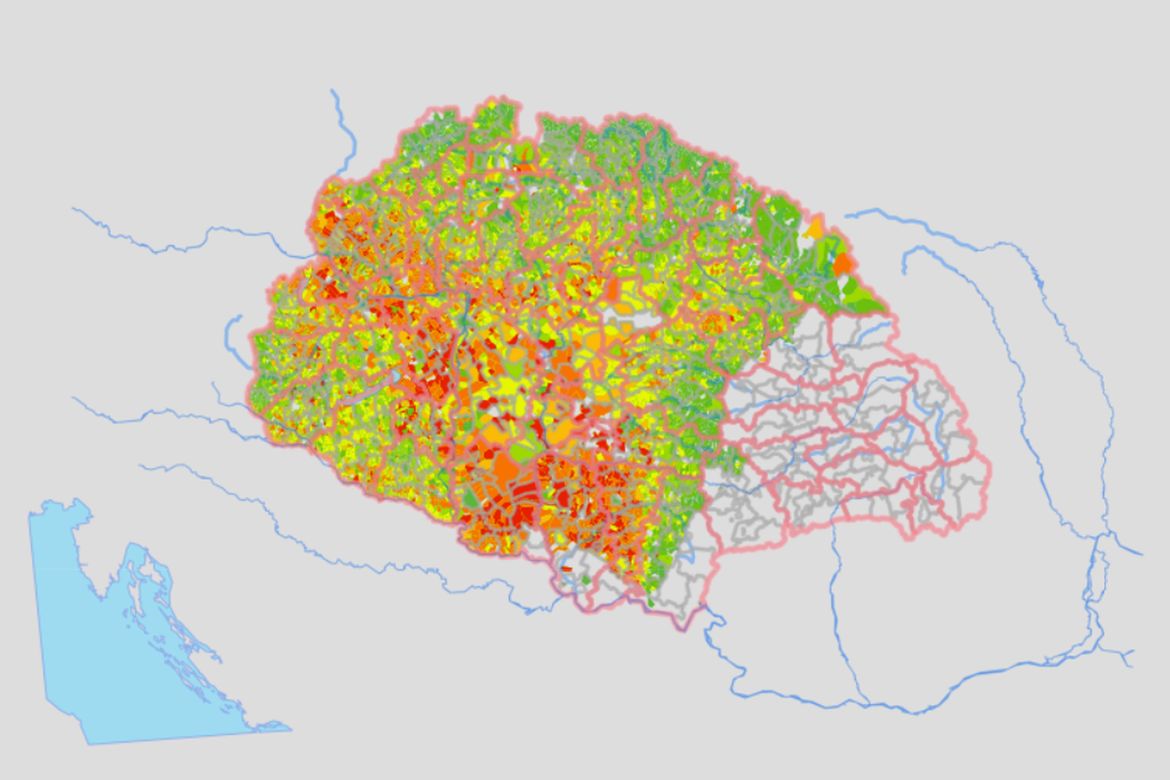
The GISta Hungarorum database and digital atlas supplemented with data from settlement-level surveys and population census from the 1720s, 1750s (Transylvania) and 1780s was completed under the leadership of the Institute of History of the ELKH Research Centre for the Humanities.
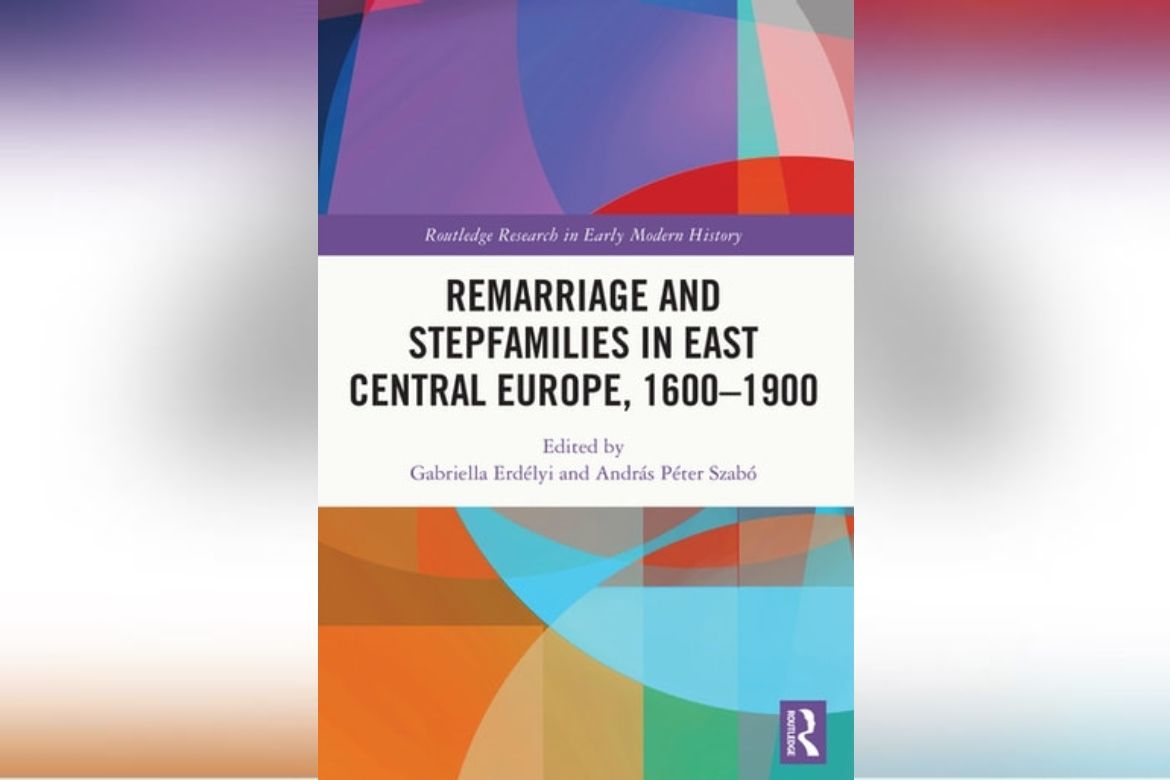
Due to high adult mortality and the custom of remarriage, stepfamilies were a common phenomenon in pre-industrial Europe. Focusing on East Central Europe, a neglected area of Western historiography, this book draws essential comparisons in terms of remarriage patterns and stepfamily life between East Central Europe and Northwestern Europe.
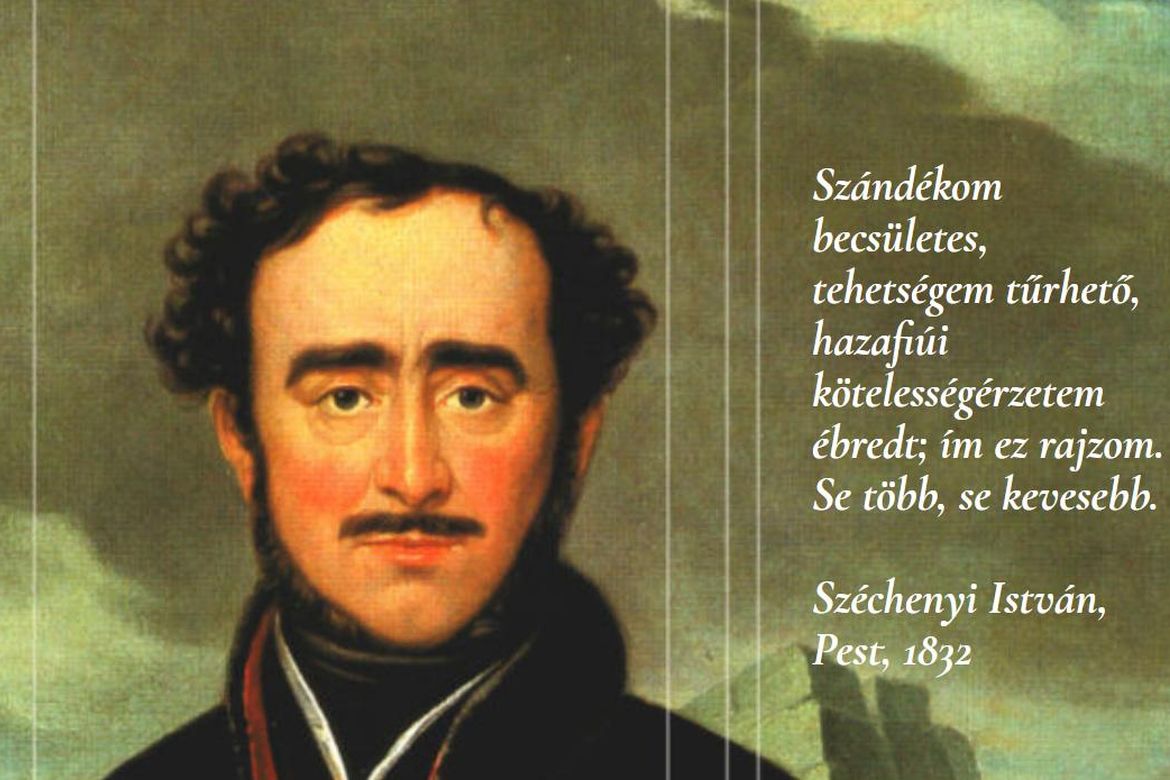
In addition to an upcoming printed edition, researchers of the Institute of History of the ELKH Research Centre for the Humanities (BTK TTI) are also making the correspondence of István Széchenyi publicly available in an online database.
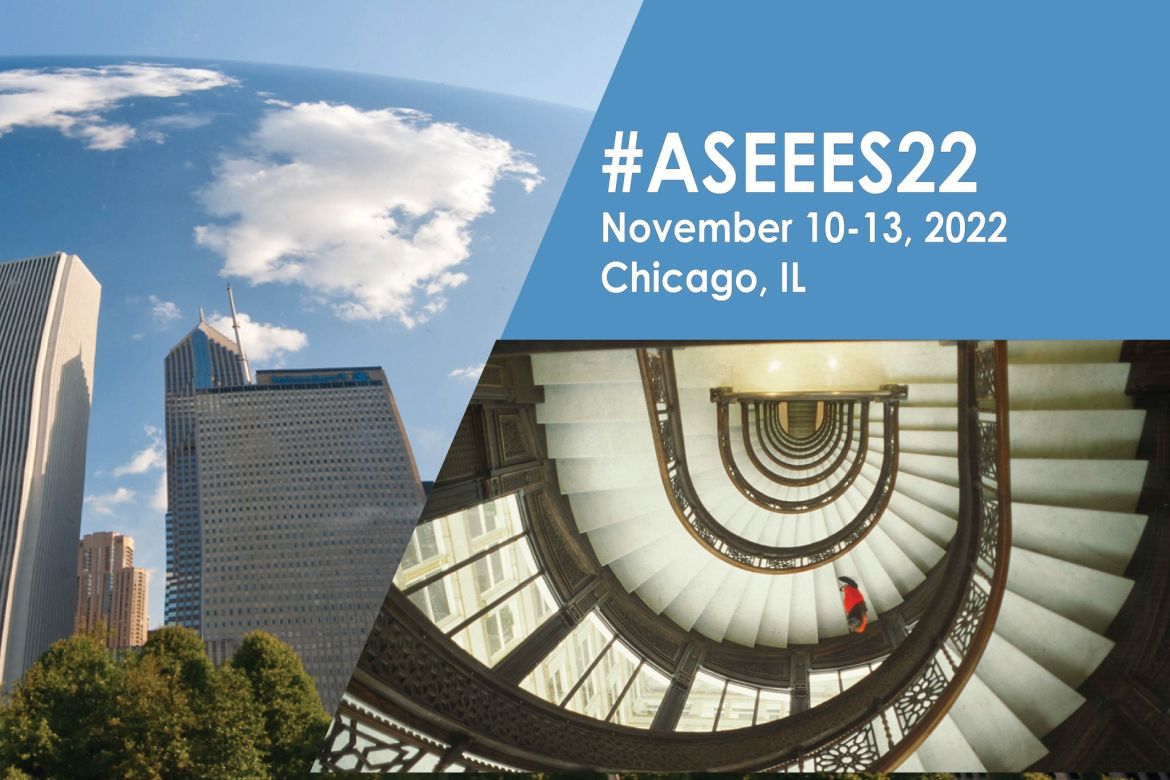
The 54th ASEEES Annual Convention was held virtually between October 13-14 and in-person between November 10 and 13, 2022 in Chicago, IL, at the Palmer House Hilton with the participation of our colleagues: Tamás Scheibner, Miklós Mitrovits, Balázs Ablonczy and László Borhi.
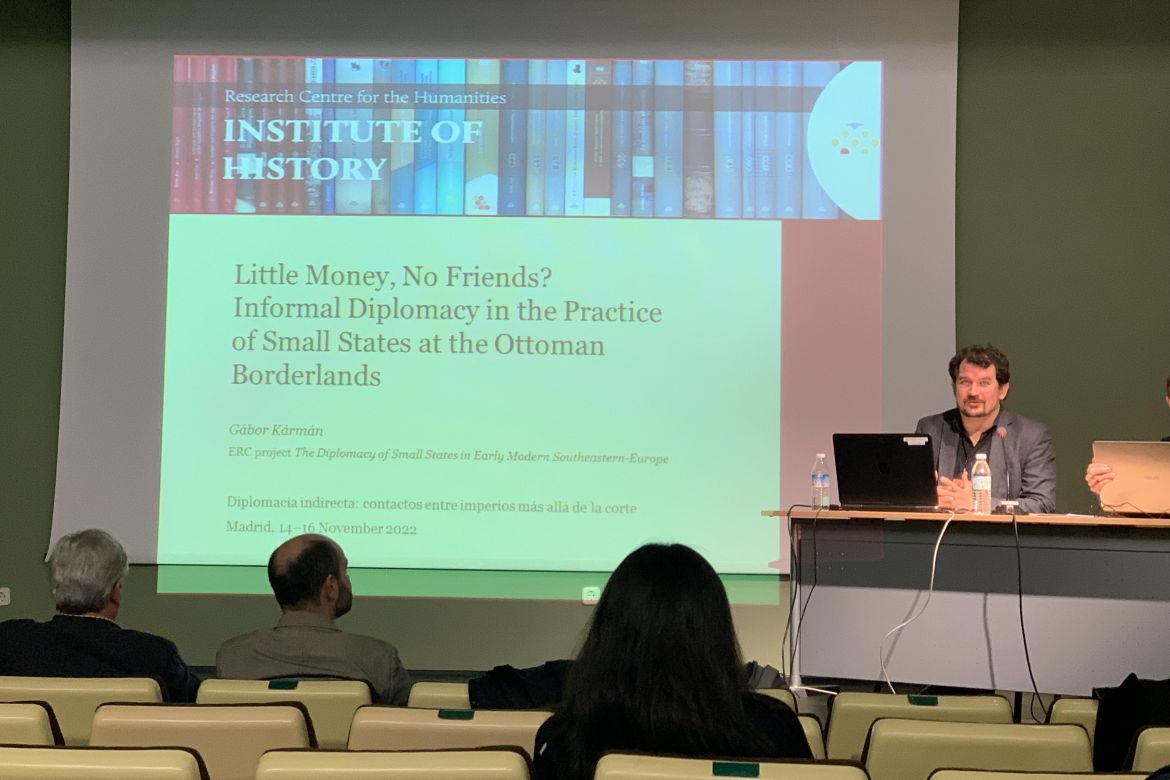
In the National Museum for Anthropology in Madrid a conference took place between 14 and 16 November 2022 under the title "Indirect Diplomacy: Contacts between Empires beyond the Court". From among our colleagues, Gábor Kármán participated at the event.
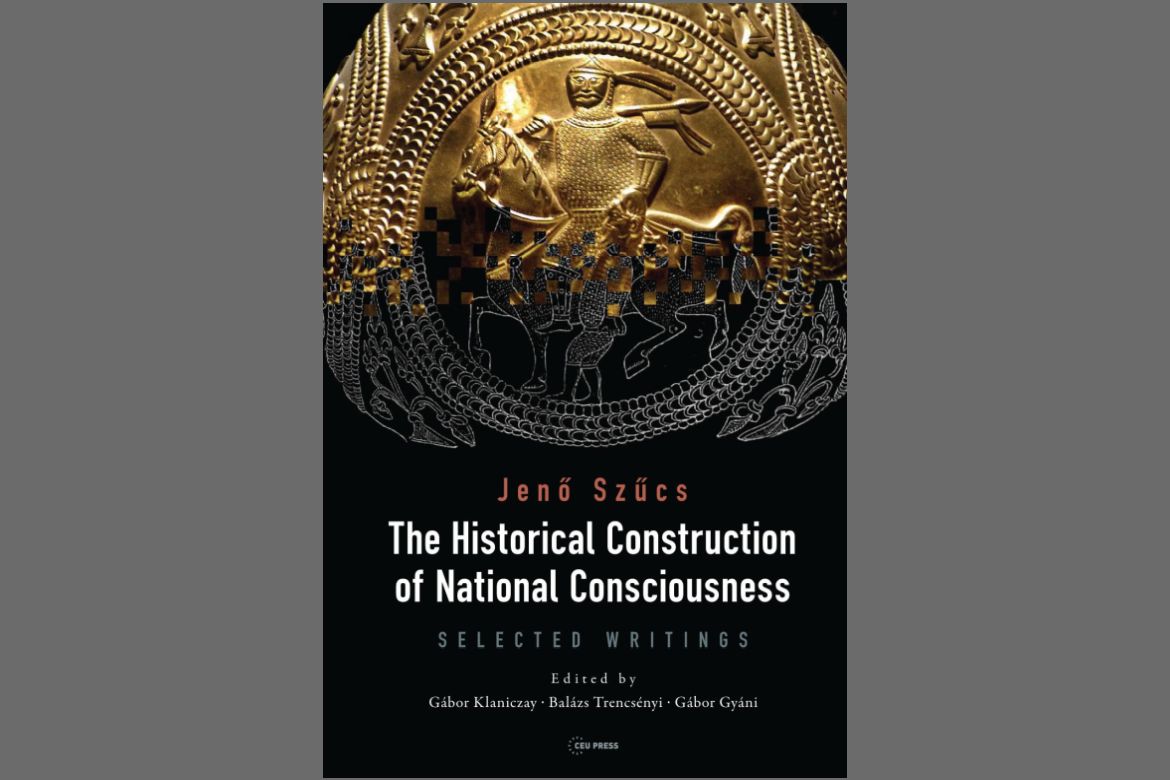
A long essay entitled Three Historical Regions of Europe, appearing first in a samizdat volume in Budapest in 1980, instantly put its author into the forefront of the transnational debate on Central Europe, alongside such intellectual luminaries as Milan Kundera and Czesław Miłosz. The present volume offers English-language readers a rich selection of the depth and breadth of the legacy of Jenő Szűcs (1928–1988).
You can find our previous articles in the News Archive.